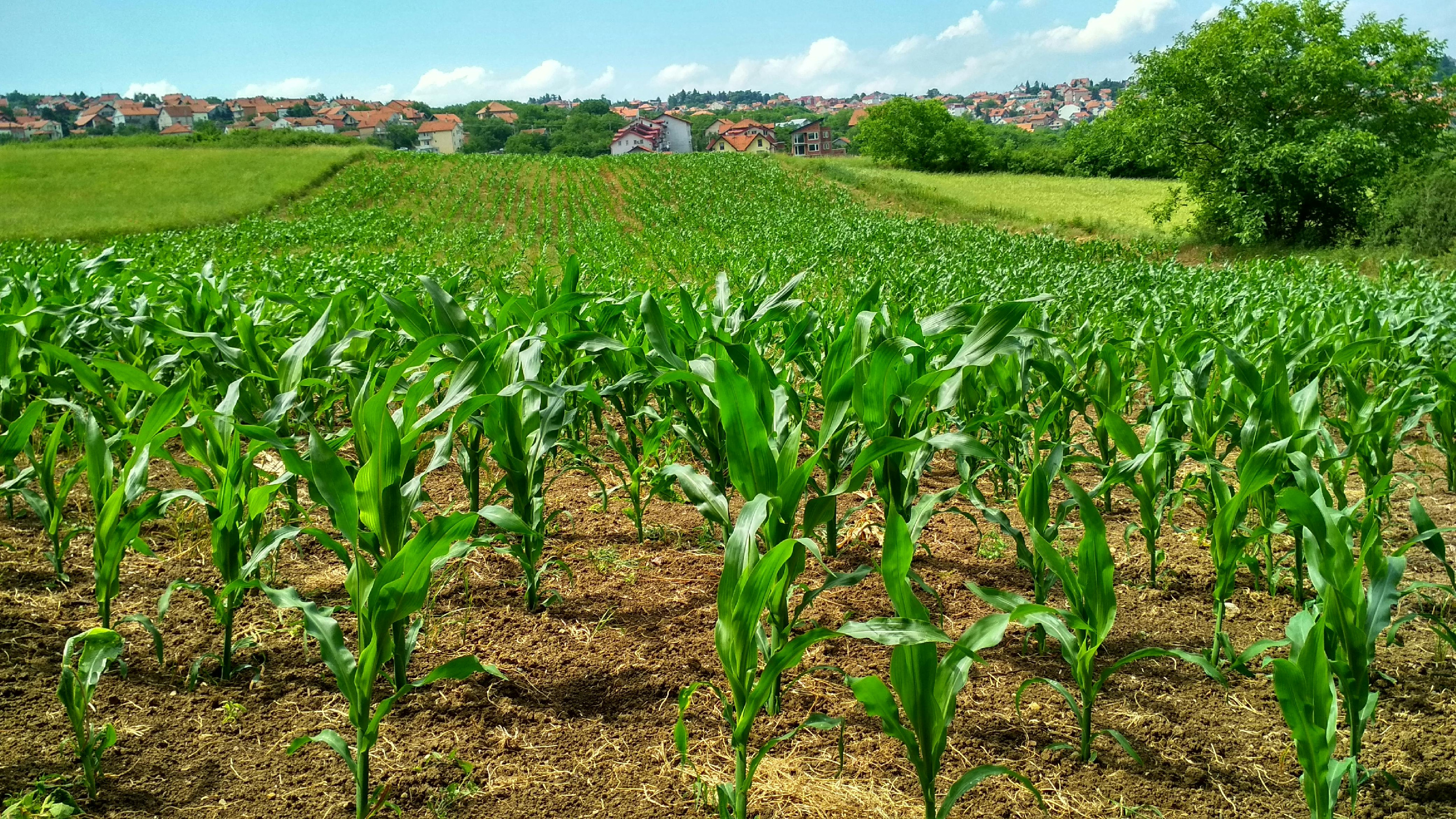Research reveals why women-led farms are more sustainable
Despite women being more environmentally conscious in farming than men, they continuously face barriers. This gender inequality was highlighted by a researcher from the HUN-REN Centre for Economic and Regional Studies (HUN-REN KRTK) through examples from Slovenia and Hungary. The researchers also provide insights into the measures that could help reduce the gender gap in agriculture.
The introduction of agri-environmental schemes (AES) under the European Union's Common Agricultural Policy (CAP) has been a crucial step in mitigating the effects of climate change and promoting sustainable agriculture, the researchers emphasized that. However, they point out that little attention has been given to the impact of these subsidies on gender equality. This aspect was analyzed based on agricultural experiences in Slovenia and Hungary.
The results clearly indicate that agricultural farms managed by women are more environmentally conscious than those led by men, both in terms of adopting agri-environmental measures and the intensity of their application.
Their research reveals that female farmers in both countries are highly committed to sustainable farming practices. Moreover, they often prioritize diversification, organic farming, and the long-term sustainable management of resources, which align closely with the objectives of agri-environmental schemes (AES). However, systemic inequalities limit their ability to apply these practices on a broader scale. Female farmers often face barriers in areas such as land ownership, access to credit, and technical training. In Hungary, structural disadvantages - such as smaller farm sizes and limited resources - also hinder women farmers from fully leveraging the benefits of agri-environmental schemes, the researchers note.
To improve these ratios and enable female farmers to apply for subsidies or implement agricultural developments under similar conditions, the researchers suggest incorporating several key elements into the fundamental agricultural mindset and application criteria.

Among other measures, gender-specific data should be collected and analyzed to help policymakers understand the particular challenges faced by female farmers. Additionally, financial incentives should be designed to specifically support women-led farms. For instance, the system could be restructured to reward practices such as organic farming, agroforestry, and green business diversification - activities that female farmers often prioritize.
Investing in targeted education and training programs is just as important as the above-mentioned changes, the researchers emphasize. In Slovenia, for example, education-related initiatives have already proven effective, enabling female farmers to achieve outstanding results in green business development.
Improving access to resources would enable women to expand their farms and introduce innovative, sustainable practices that are aligned with the objectives of agri-environmental schemes (AES). According to the researchers, reducing gender inequalities in leadership roles within agriculture could play a key role in enhancing resilience to climate change and promoting sustainable development.

